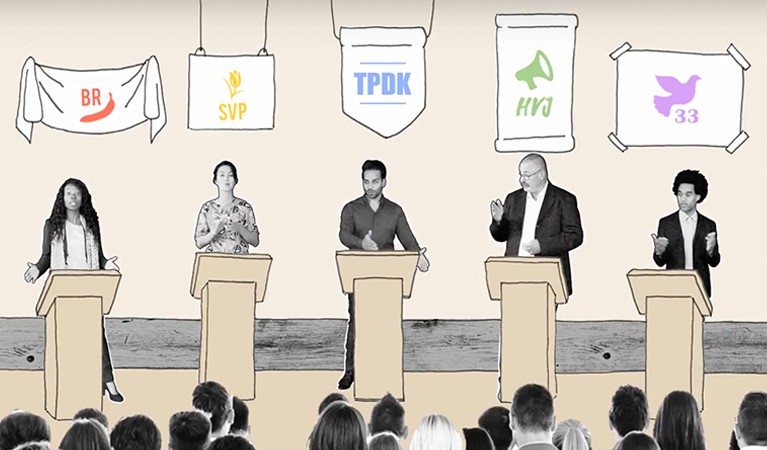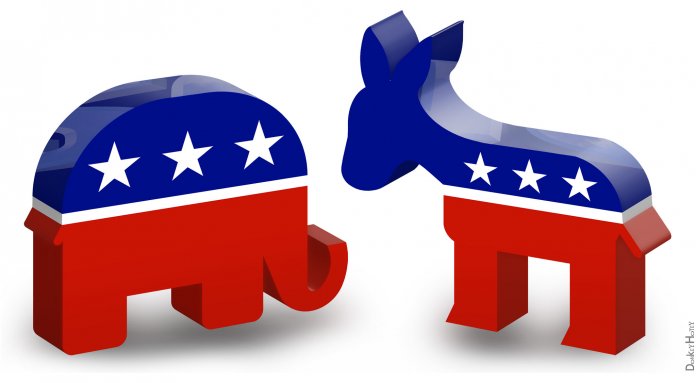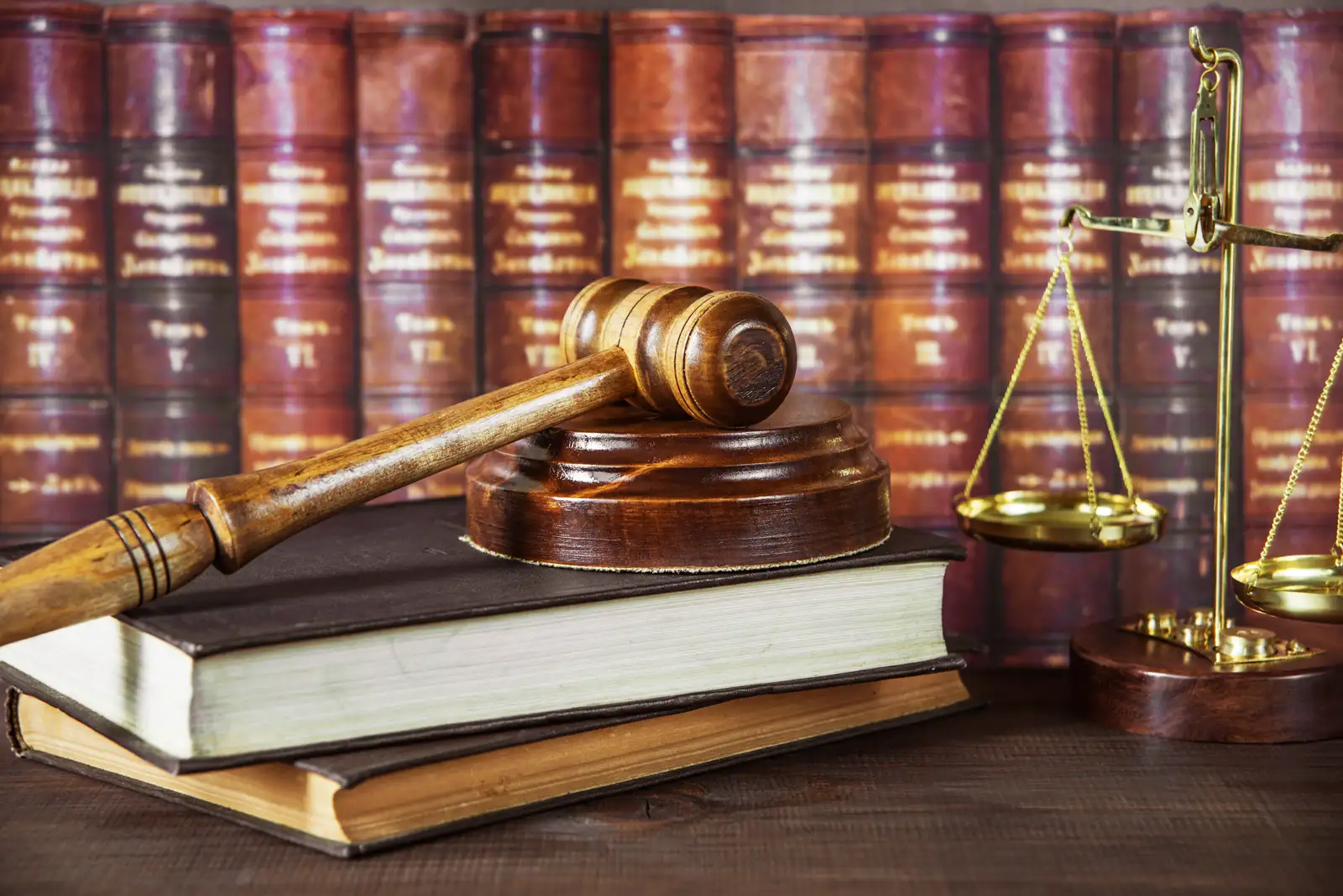Head of government, head of state, party system, legal system and other terms that are needed to understand the comparison of different countries and their political systems”
Democracy:
Democracy is a political regime. It presupposes the willingness of political actors to accept electoral and policy defeats. This willingness is enhanced when actors believe that defeats are reversible through the democratic struggle and that they are not catastrophic. Actors therefore need to establish a set of mutual guarantees that they will not destroy each other. Mainwaring 220.

Head/chief of government:
The Head of government includes the name and title of the top administrative leader who is designated to manage the day-to-day activities of the government.
For example, in the UK, the monarch is the head of state, and the prime minister is the head of government. In the US, the president is both the chief of state and the head of government.
Chief of state/ head of state:
The titular leader of the country who represents the state at official and ceremonial functions but may not be involved with the day-to-day activities of the government
Party system:
Two party system: Two parties dominate electoral competition and one sometimes has a majority in congress/parliament.

Multi-party system: There are more than two parties in Congress/Parliament.

Legal system:
Common law: Unwritten law, usually based on legal precedents established by courts (past made decisions). It is not formally passed by the legislature.
Civil law: Written law, originary of the roman law. It is based on contracts, property, family and relations, and civil wrongs that cause damage to people of properties.




